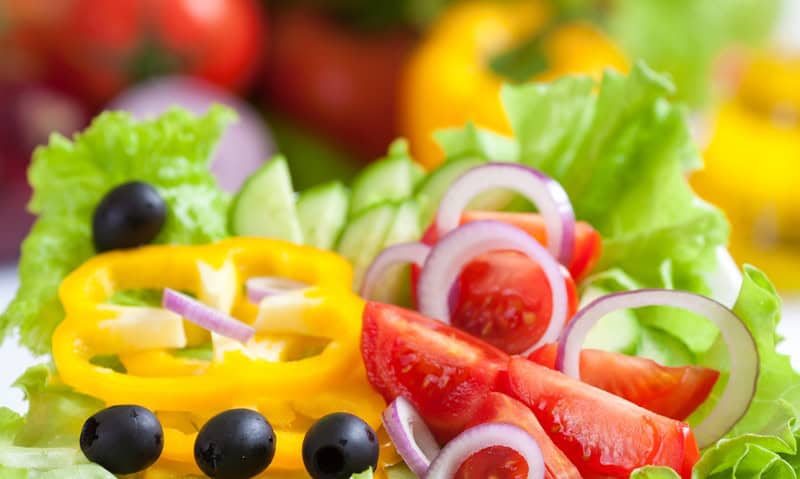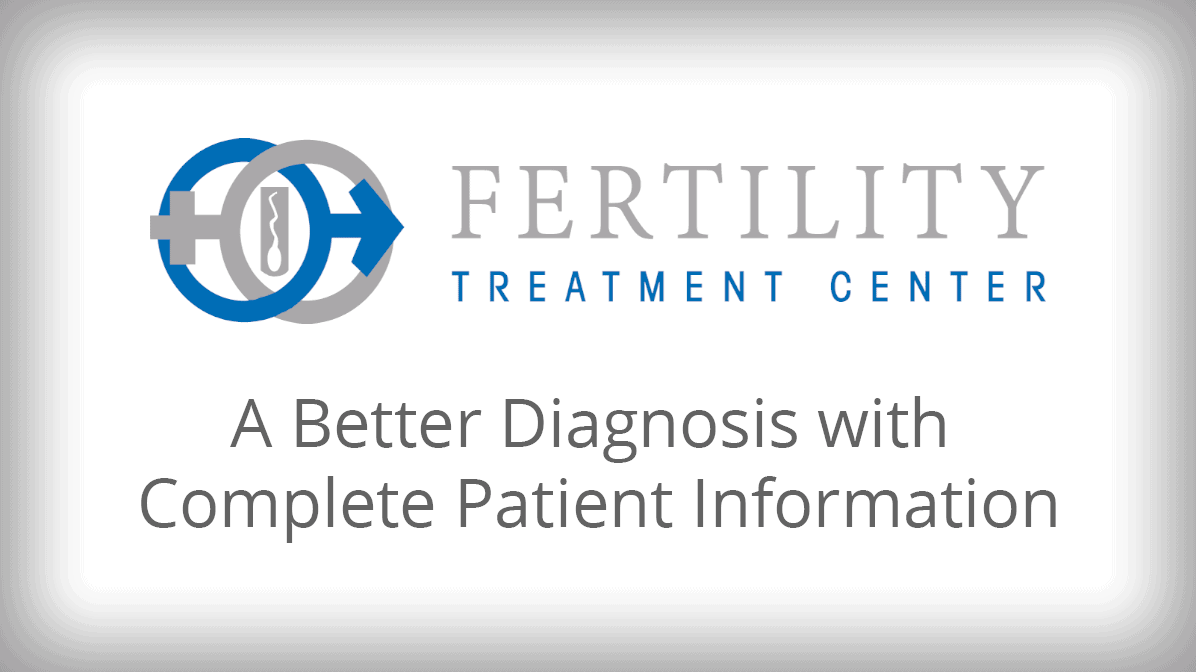If you are undergoing in-vitro fertilization, it can feel like the IVF journey is completely out of your control. But there are some things you can do to help your doctors help you.
Did you know certain foods can improve or hinder your chances of getting pregnant via IVF? Here are a few food items to stay away from:
Foods to avoid during IVF:
Trans fats
Trans-fatty acids raise your LDL (bad) cholesterol levels and lower your HDL (good) cholesterol levels. They can also also interfere with fertility, which is why you should avoid them while going through IVF. Read the labels on frozen foods and baked goods. Beef and fried foods are also culprits.
Simple carbohydrates
These include white flour, white rice, soda and other sugary drinks and sweets. Simple carbohydrates are easily broken down into sugar, raising your blood sugar and disrupting hormone levels. Stick to water or low-sugar options for drinks and buy whole-wheat bread and brown rice instead.
Mercury
Mercury is toxic at any time, but especially when you’re trying to conceive or are already pregnant. High levels of mercury are found in tuna (especially Albacore), swordfish and mackerel.
On the plus side, there are some nutritious foods that can improve your chances of IVF success.
Foods that help IVF:
Iron-rich foods
Iron has been positively linked to fertility, but stay away from iron-rich foods that are also high in fat. Good options are poultry, low-mercury fish, nuts, beans, peas and quinoa.
Omega-3 acids
These are also good for fertility. Again, fish is the best source, but stay away from the high-mercury varieties.
Zinc
Zinc deficiency is linked to fertility problems, so make sure this important mineral is part of your IVF diet. Seafood, especially oysters (cooked, of course), spinach, mushrooms, nuts and cocoa powder are all good sources of zinc.
Folic acid
We’ve known for a long time that women of childbearing age should take folic acid supplements to reduce the incidence of neural tube defects. However, this vitamin, also called B9, has also been shown to increase the success of IVF treatments. Foods that include folic acid include dark leafy greens, citrus, asparagus, avocado, corn and cereals.



